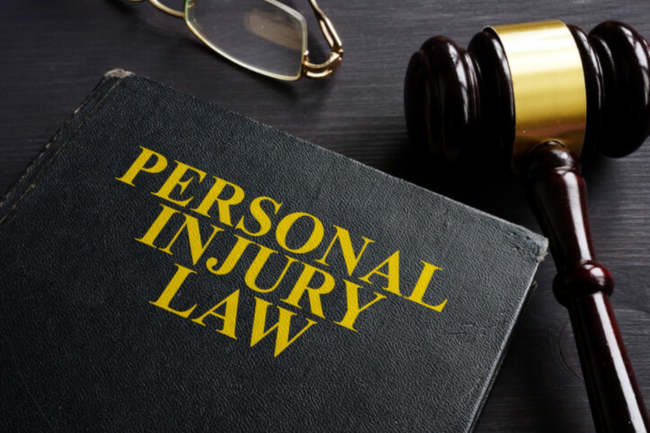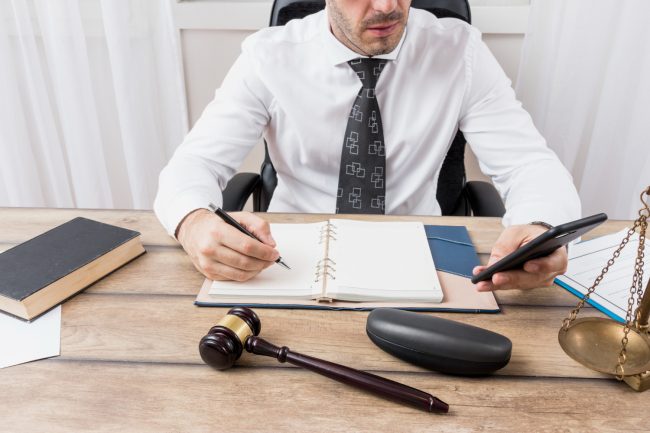
Negligence is one of the most prevalent causes of personal injury in New York. When failure leads to severe injury or death, questions arise about whether negligence should go unpunished in some instances. An individual who has suffered neglect in New York should look for personal injury attorneys in NY to obtain the satisfaction that comes with justice. Some cases may even warrant punitive damages to punish the negligent party. When a person suffers from negligence, they must seek legal counsel immediately.
7 Reasons Why Negligence Should Never Go Unpunished in a Personal Injury Case
1. To Deter Others from Acting Negligently
Negligence often leads to the loss of a loved one, an injury that leaves a person unable to work, and the prevalence of defective products. If no punishment occurs for negligence, it will lead others to believe they can get away with it without being charged for their actions. When failure causes severe injury or death, the person or company responsible should be held accountable for their actions so that others do not follow suit.
2. To Show Wrongdoing
Sometimes, people don’t realize that another individual or entity has wronged them until after the incident. If the person or business responsible is not punished, it will cause doubt to arise in the minds of those who have been wronged and may prevent them from wanting to seek justice on their own.
3. To Ensure Help is Available
If a person or business is allowed to remain unchecked, it can lead to a lack of care for people who others have wronged. In some cases, that lack of care means that people don’t get the assistance they need when they deserve it.
4. To Deter Companies from Underestimating the Costs Associated with Negligence
When negligence goes unpunished, companies that allow it will begin to see it as an insignificant cost of doing business. If the costs associated with paying fines and compensating victims are low enough, companies will continue to act negligently without worrying about financial repercussions.
5. To Prevent Wrongful Life Claims Against a Person or a Business
A person may not be able to receive damages in a personal injury case if they have been killed or injured due to negligence on the part of another individual. In some cases, life insurance may pay out on behalf of the victim’s family if they are killed due to another person’s negligence. If the victim is not receiving compensation for their injuries, an attorney can help them seek justice by arguing that someone is responsible for their wrongful death.
6. To Protect Consumers
Dangerous products cause harm to consumers every day, which is why consumer protection laws are in place. If companies know they will be held accountable for their actions, they will be less likely to produce defective products. In some cases, those faulty products can cause severe harm or death to consumers. When these types of injuries occur, the victim deserves compensation and justice.
7. To Protect Future Victims
Suppose another individual is injured due to negligence from a company or an individual. In that case, other victims could suffer the same fate if the negligent party is not held liable for their actions in court.
Companies or individuals should be held accountable for their actions in personal injury cases that involve negligence. If they do not receive punishment, members of the public may begin to believe that they can act negligently and get away with doing so. Companies need to understand that their actions could lead to the death of others and leave future victims unable to seek justice on their own.
Navigate the legal world through our Legal Blog; connect, contribute, and make an impact by writing for us – your legal perspectives are crucial to our discussions
